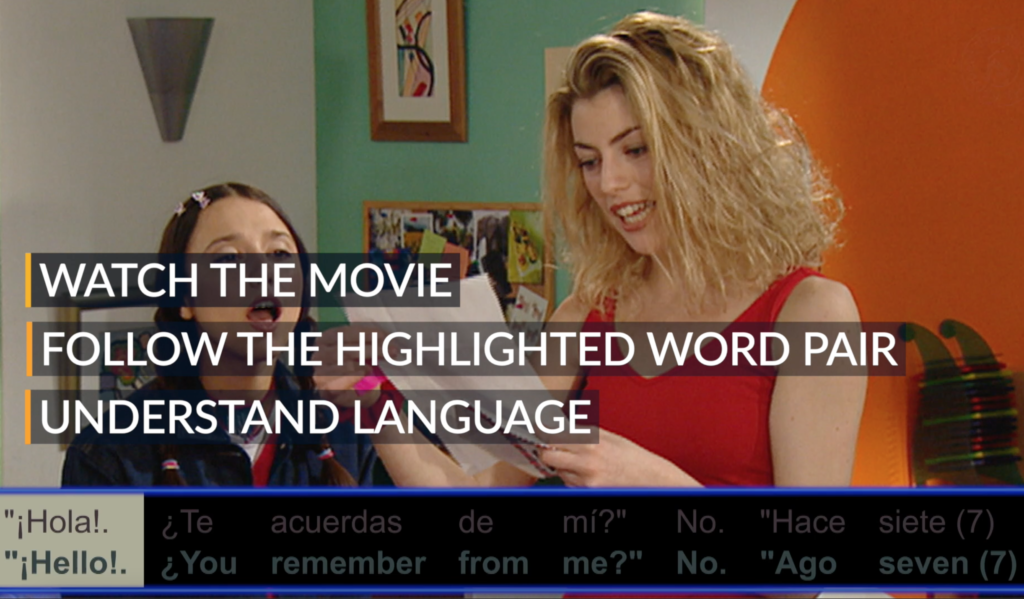For children it is even more true than for adults: learning must be fun. When we combine experiences with positive memories, they are easier to remember. If, on the other hand, we see no sense in a thing, our brain protests.
Depending on whether we experience learning as joy or torture, we learn more easily or more difficult. But there is more than that: what has been learned is also stored in different places in the brain. If your general mood is positive, the information gets to the hippocampus – perfect for complex, creative and sustainable learning.
The intelligence of playing
Actually, children play all day long. They explore and try out, experience and discover. Thus they constantly increase their intelligence. They don’t even realize they’re studying in those moments. So you should consider the game as part of a normal everyday life and learning process too. Because real learning is not possible without playing. A sustainable learning process only takes place in a game.
Our brain is “experience-dependent”: growth and development of individual brain cells as well as their connections and expansions to knowledge structures are dependent on corresponding interactions with the environment. The more extensive and vast the neuronal structure (the circuits in the brain), the more pronounced and diverse the game and intelligence becomes. Both are mutually dependent.
Fun characterizes learning by curiosity and amazement, and a feeling of being in the flow. We lose the sense of time and become dependent on it. However, when any kind of fear comes into play, the development comes to a halt.
Fear hinders the learning process
When learning under negative feelings – such as stress, pressure, frustration, fear or anger – the brain is highly likely to transmit the information to the amygdala. This is considered the panic center of the brain, and controls our fight and flee reactions. We can access everything that is stored there quickly, but only very one-dimensionally. On the other hand, when it comes to creative and well thought-out approaches or complex knowledge with the creation of cross connections and comparisons, the amygdala is an unsuitable place.
Back to the important things: fun
Many adults find it difficult to appreciate the importance of playing. Most of us lost the connection to this magical state, in which everything is possible, a long time ago. Most of our educational and teaching approaches are based on conditioning, external rewards and punishments. With best intentions – and because we have not known it any other way for generations – we put these conditions over our children and thus prevent brain-friendly learning.
It is not only children who grow through encouragement and support, rather than through comparisons, impatience, demands and negative limitations. A “no” is poison for learning processes, because they suppress the joy of the game. The physical reaction to this is the release of cortisol – a reaction inhibitor that makes learning impossible. It is just the kind of conditioning like in animal training. Would you like to be treated like this?
When children learn from children
Children learn especially well from older children. In dealing with the big ones, they also learn social skills and this benefits both sides. Older children who play with younger ones unconsciously build “development bridges”. They become more creative, suddenly design simple games that they are no longer really interested in more imaginative. The younger ones are spurred on by the older ones and often have to go beyond their previous limits physically, emotionally and mentally.
Help me to do it on my own
Children (and also adults in case we want to discover and learn something new) should on the one hand observe and let our mirror neurons work for us, and on the other hand do, try and experiment by ourselves. We can and will master it on our own. If we don’t it also contributes to the learning process, because we have the chance to learn from mistakes. This path may take a little longer, but the feeling of success is more fulfilling and the learning more sustainable.
Language learning through exploring
What do you feel when you think of vocabulary lists and grammar rules? Joy? Or boredom and aversion? Language learning can be fun again! Explore the language for yourself and you will quickly find out: learning can be fun. The feeling of success motivates you to keep learning. This is what learning should always look like, right?
Our specific tip:
Use the learning method of decoding. Decoding means “to decipher” and describes a word-for-word translation into the native language. In contrast to the generally known analogous translation method, decoding produces a strange-sounding sentence. However, this is exactly what makes the big difference: by translating a whole sentence or paragraph of the foreign language word for word, we open up our brain’s view of the language and its structure. We learn word meanings in context and the structure of the language (grammar) intuitively.
German: Hast du die Blumen bekommen? Decoding: Have you the flowers gotten? Translation: Did you get the flowers?
German: Aber bitte verlasse mich nicht. Decoding: But please leave me not. Translation: But please don’t leave me.
You can immediately see the difference of the sentence order in the examples. In English, the verb is placed before the noun (e. g. “get the flowers” instead of “the flowers get” in German). So we can compare the foreign language with our mother tongue, which we know by heart. We discover differences and similarities. This makes learning exciting.
The Birkenbihl Approach for language learning is based on decoding. Brain-Friendly offers online language courses based on it: www.brain-friendly.com. But the best of all: the texts are from a funny comedy series produced especially for language learning. The decoding is shown in the movies, like a subtitle. In this way language learning becomes pure entertainment. Try it out yourself!

